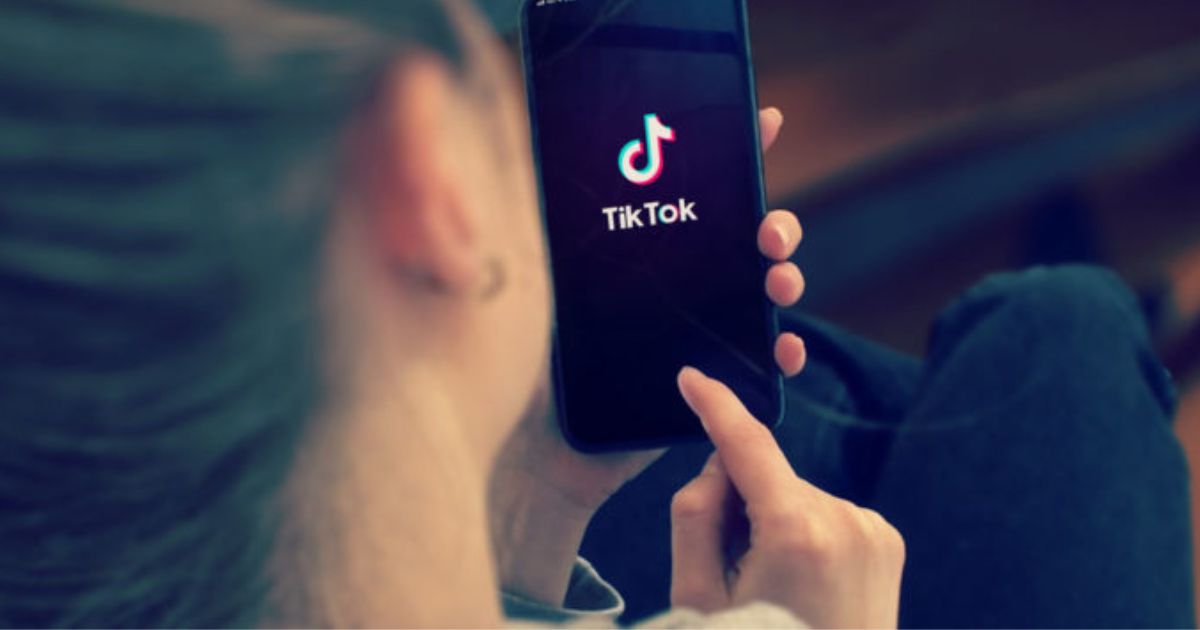As platforms like Facebook, Instagram, and Twitter undergo rigorous examination for their potential effects on youth mental health, TikTok has largely remained a realm yet to be thoroughly explored.
In the ever-evolving landscape of social media, TikTok has emerged as a powerhouse, swiftly gaining popularity among children and young adults in today’s digital age.
A groundbreaking study led by Darragh McCashin and Colette M. Murphy from Dublin City University aims to shed light on TikTok’s intricate role in public and youth mental health.
Comprehensive Analysis Of TikTok On Youth Mental Health
Despite its widespread use, TikTok has not received the same level of academic scrutiny, particularly within the domains of psychology and psychiatry.
McCashin and Murphy embark on this uncharted journey, initiating a systematic review of existing studies that delve into TikTok’s impact on public health and mental well-being.
Subsequently, their research involves a comprehensive content analysis focused on TikTok’s utilization within an Irish context.
What did their endeavor uncover?
The findings unveil a diverse array of ways in which TikTok is employed for various public health and mental health purposes, although institutional engagement has been relatively slow to materialize. Reflecting on their study, McCashin notes:
“While TikTok has swiftly risen to become the fastest-growing social media platform globally among children and young individuals, it surprisingly remains an area that has received limited research attention within psychology and psychiatry.“
This is especially intriguing considering the intense academic and societal scrutiny faced by social media platforms, concerning their potential negative impacts on youth mental health and well-being. This scrutiny, however, coexists with inconsistent findings across the literature.
McCashin and Murphy’s study presents an essential step toward unraveling the multifaceted relationship between TikTok and youth mental health.
As the digital landscape evolves, their research provides crucial insights into the potential consequences and benefits that TikTok may bring to the well-being of its youthful users.
By venturing into this unexplored territory, the study sets the stage for a more comprehensive understanding of the intricate interplay between social media, mental health, and the digital generation.




















